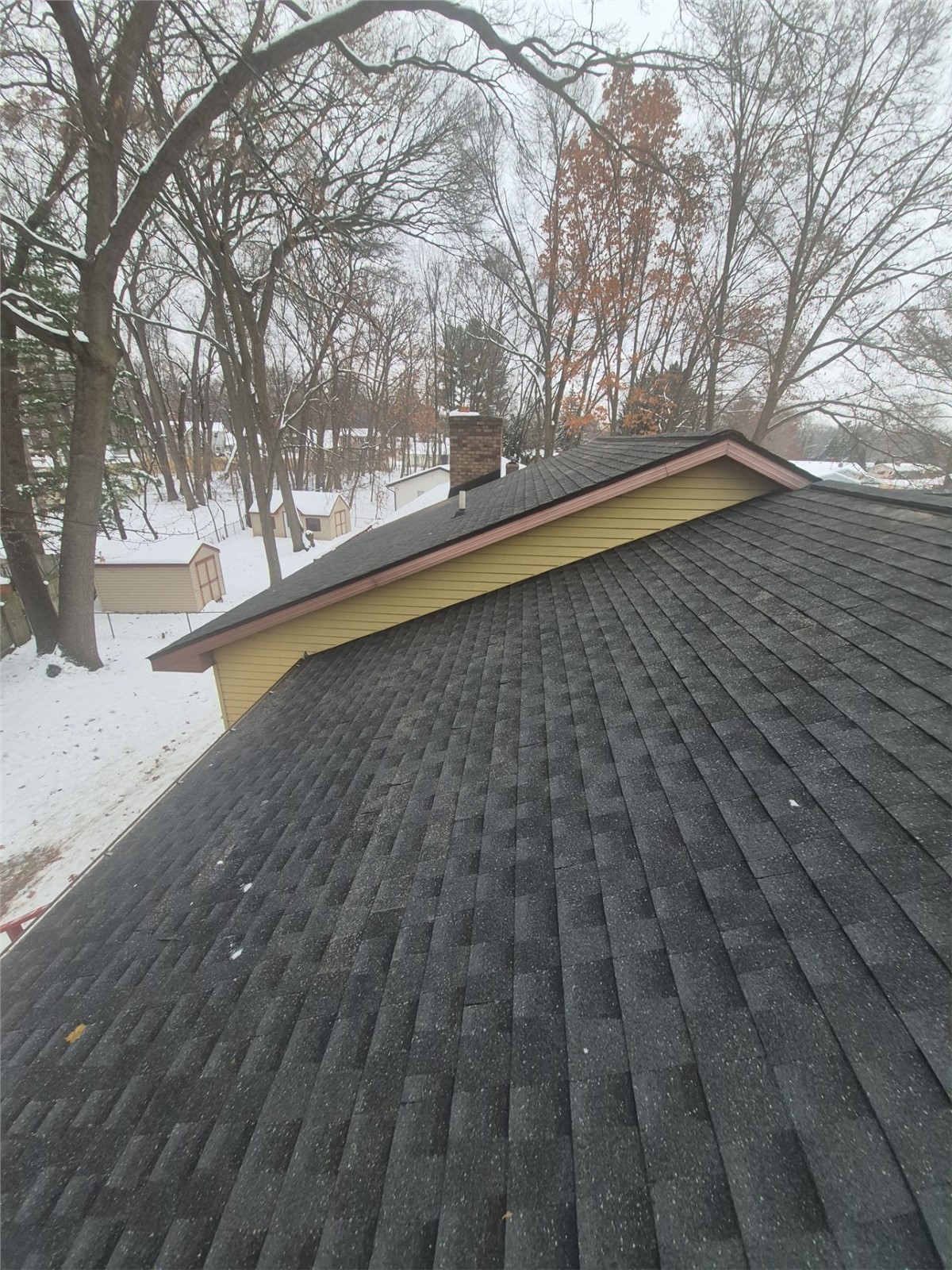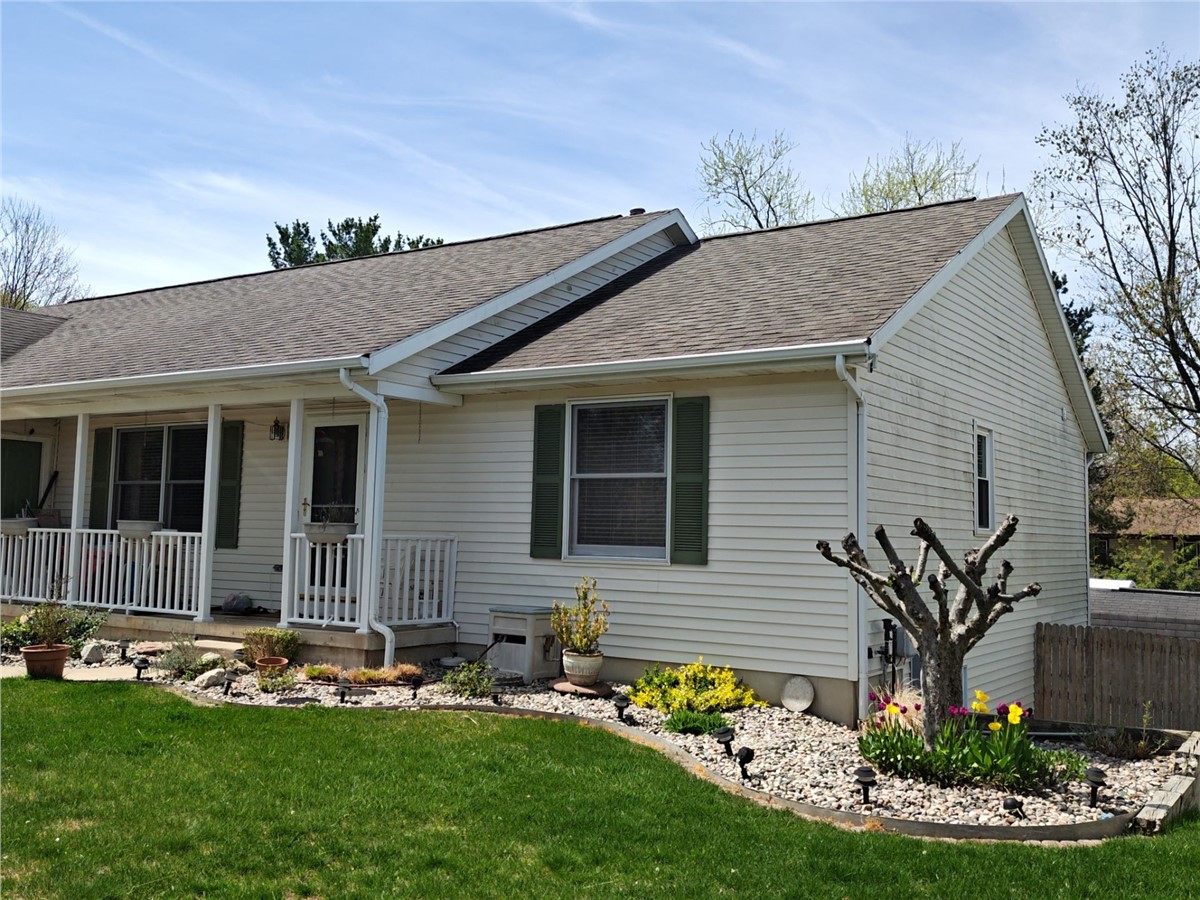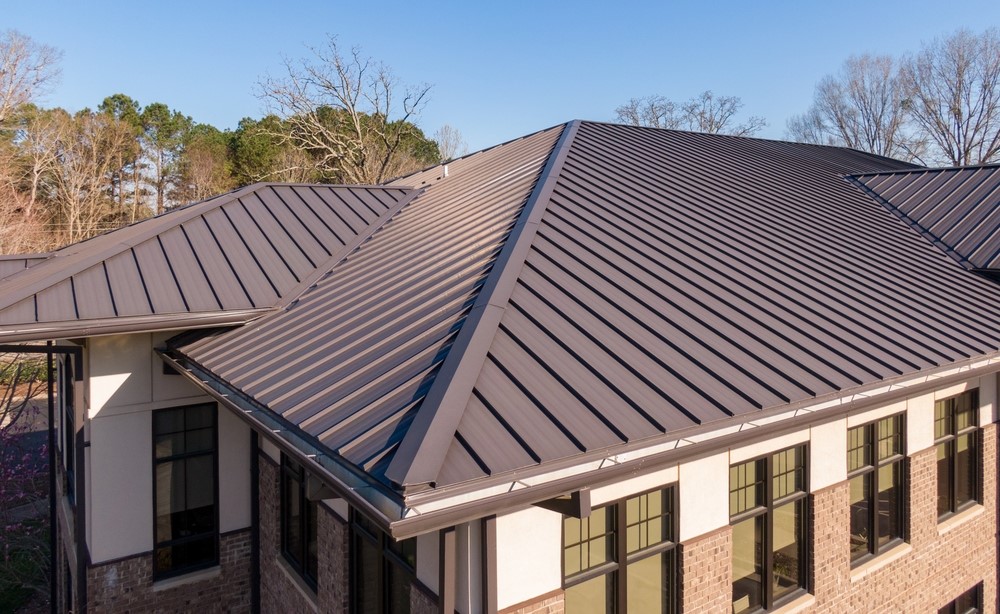
Roofing is a critical aspect of any structure, providing protection, insulation, and durability. While the purpose of commercial and residential roofing is the same, the two differ significantly in materials, design, and installation methods. Understanding these differences is crucial when choosing roofing solutions for your property.
1. Scope and Scale
Commercial roofing typically involves larger structures, such as office buildings, warehouses, and shopping centers, whereas residential roofing focuses on homes and smaller properties. Due to the size of commercial roofs, installation often requires specialized equipment and a larger workforce.
2. Design and Structure
Residential roofs often feature steep slopes with asphalt shingles, which are easy to install and visually appealing. In contrast, commercial roofs are usually flat or have low slopes to accommodate HVAC systems and other equipment. The types of roofing used in commercial applications include metal roof panels, steel roof panels, and built-up roofing (BUR).
3. Roofing Materials
The materials used for commercial and residential roofs differ based on functionality and cost.
- Residential Roofing: Asphalt shingles, clay tiles, and wood shakes are popular choices for their aesthetic appeal and affordability.
- Commercial Roofing: Metal roof panels, EPDM, TPO, and PVC membranes are common due to their durability and energy efficiency.
4. Installation and Maintenance
Commercial roofing installations are often more complex and time-consuming, requiring specialized expertise. Maintenance is also more frequent for commercial roofs due to their size and exposure to heavy loads. On the other hand, residential roofs are easier to install and maintain, but they may require more frequent replacement depending on the materials.
5. Cost Considerations
The cost of roofing varies significantly between commercial and residential projects. Factors such as size, materials, and labor play a role in determining the price. For example, steel roof panels or other commercial-grade materials are typically more expensive than residential roofing materials like asphalt shingles. Consulting with roofing contractors in Grand Rapids ensures accurate cost estimates and expert guidance.
Subscribe to Avalon's Blog









Comments